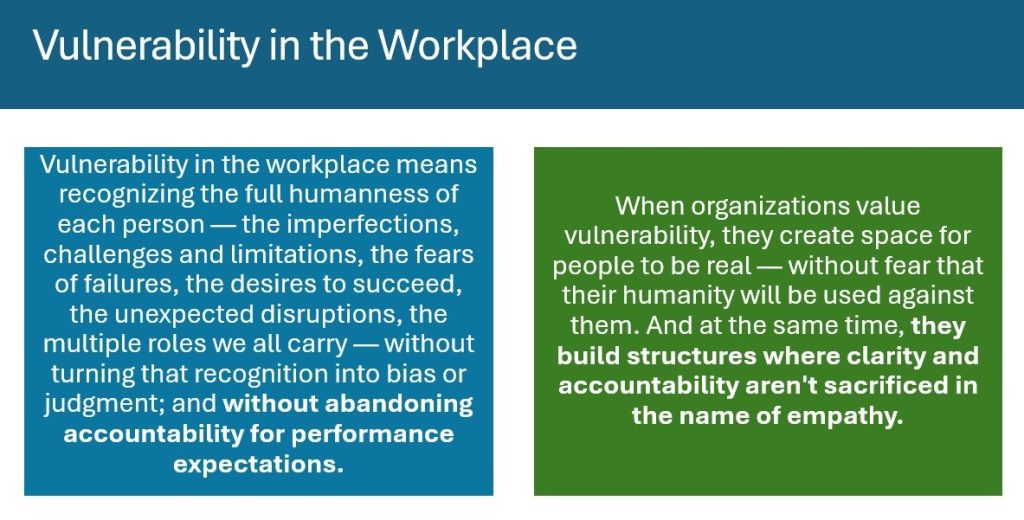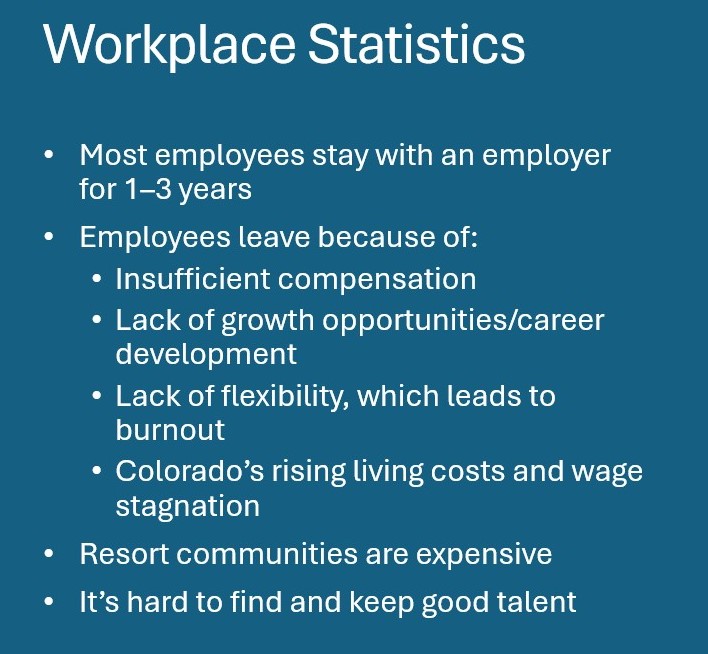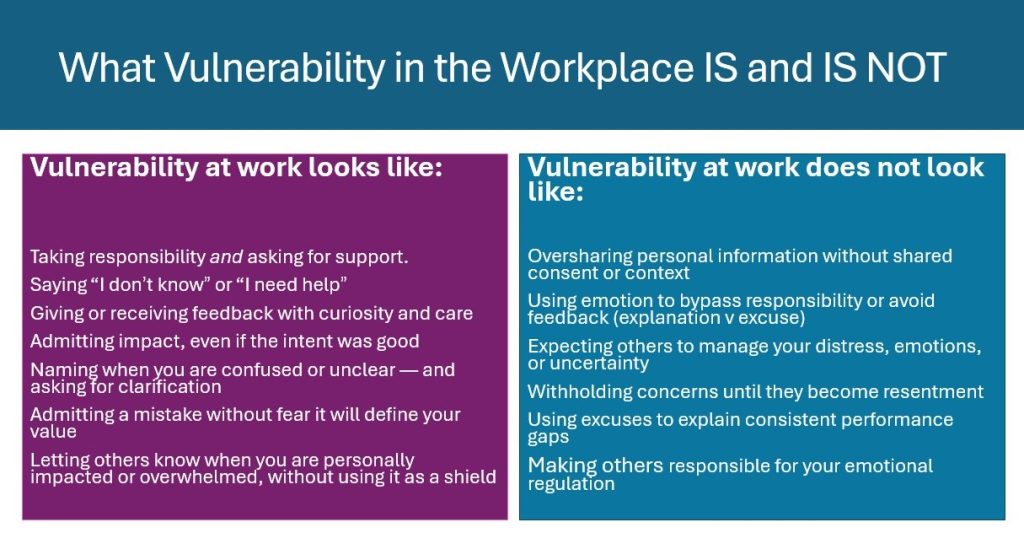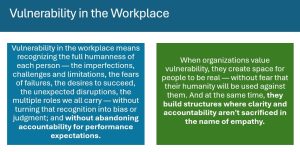Business leaders learn to prioritize mental health needs of employees

The Health Partnership/Courtesy image
When employees at Rex’s Family of Restaurants in Steamboat Springs call in for a day off from work due to a mental health-related challenge, the managers have a practiced procedure in place to make sure their employees are connected to necessary resources.
For the past two years, the Rex’s restaurant group, which operates seven locations in Steamboat, has partnered with a care coordination and recovery program offering at nonprofit The Health Partnership to make sure employees who are struggling receive a call from a knowledgeable care coordinator at the nonprofit organization serving northwest Colorado.
That focus on mental health assistance within the restaurant company developed after the team lost a chef to suicide in March 2021 in Steamboat.
“That is a benefit and service agreement that we are proud to have,” said Nick Sharp, Rex’s director of operations. “A lot of employers in the restaurant industry overlook their ability to provide things beyond basic benefits.”
Sharp, who serves as president of the Steamboat Springs chapter of the Colorado Restaurant Association, said the company informs employees of The Health Partnership service through staff meetings with care coordinators as the restaurants as well as messages through an electronic scheduling platform used by employees.
This example of business leadership prioritizing mental health needs for employees was the topic of a keynote session during the Empower Yampa Valley conference in July in Steamboat when Health Partnership Executive Director Brittney Wilburn presented “Mental Health as a Leadership Strategy.”
“Mental health isn’t just a personal issue, it’s a leadership issue, a workplace culture issue and, increasingly, a business-critical issue,” Wilburn explained. “When stress, anxiety and burnout go unaddressed, organizations pay the price in turnover, disengagement and declining team cohesion.”

“This isn’t about wellness perks or surface-level fixes,” Wilburn said. “It’s about redefining what it means to truly support mental health at work.”
Wilburn highlighted some of the steps the nonprofit has provided for its own employees’ positive mental health to create “a culture grounded in psychological safety, empathy and genuine connection.”
For example, one Health Partnership employee was able to change jobs within the organization to better match her mental health needs, and another employee was able to take necessary regular time away from the office related to his spouse with mental health challenges.
Wilburn emphasized to the conference audience that mental health wellness is not a check box for employers to fly through, but “a leadership imperative and strategy.”
Many attendees at the conference session acknowledged they did not feel comfortable trying to help their employees through a mental health crisis, for one reason, because then the managers believed they must also “carry the load” of the struggle.
“It’s not always because they don’t want to; it’s because they don’t know how,” Wilburn said of bosses trying to help struggling employees.
Wilburn said one way for managers to prioritize mental health is to model being vulnerable and show how the bosses take care of their own mental health needs to be able to move through a struggle and heal.
“Supporting and modeling vulnerability and accountability is often like walking a tightrope for managers,” Wilburn said.
Mental health care coordination to assist employees can help with staff retention and satisfaction in a rural business community where pay and promotional opportunities may be limited and the high cost of living drives away younger team members, Wilburn explained.
Jimmy Schneider, director of ticketing at Steamboat Resort, spoke up about the ability of employees also being able to support their supervisor’s mental wellness. Schneider coordinates the local version of the Alterra Mountain Co. program called Mental Well-being Champions Committee to assist employees at the resort.
Rex’s restaurants created a budget line for a mental health assistance fund to help employees through rough challenges such as taking paid time off for therapy needs or crisis situations, participating in a recovery program or providing financial assistance for therapy sessions for employees without mental health insurance coverage, Sharp said. The restaurant company also sponsors an early December annual fundraiser called Keepin’ Casey Cookin’ – in honor of the former chef – to support The Health Partnership and Reaching Everyone Preventing Suicide.
Rex’s also supported a local chapter of CHOW, or Culinary Hospitality Outreach and Wellness, a hospitality industry support group that currently meets at noon Tuesdays at The Dusky Grouse Coffee Shop in Steamboat Springs. CHOW also offers other specific support groups online.
Sharp said utilizing health care coordinator expertise helps to take a burden off of business managers and leaders and serves as a pro-active step before employees “lose their job and go down a rabbit hole.”
“It’s certainly helped our culture of caring, understanding and support,” Sharp said.

To reach Suzie Romig, call 970-871-4205 or email sromig@SteamboatPilot.com.

Support Local Journalism

Support Local Journalism
Readers around Steamboat and Routt County make the Steamboat Pilot & Today’s work possible. Your financial contribution supports our efforts to deliver quality, locally relevant journalism.
Now more than ever, your support is critical to help us keep our community informed about the evolving coronavirus pandemic and the impact it is having locally. Every contribution, however large or small, will make a difference.
Each donation will be used exclusively for the development and creation of increased news coverage.









